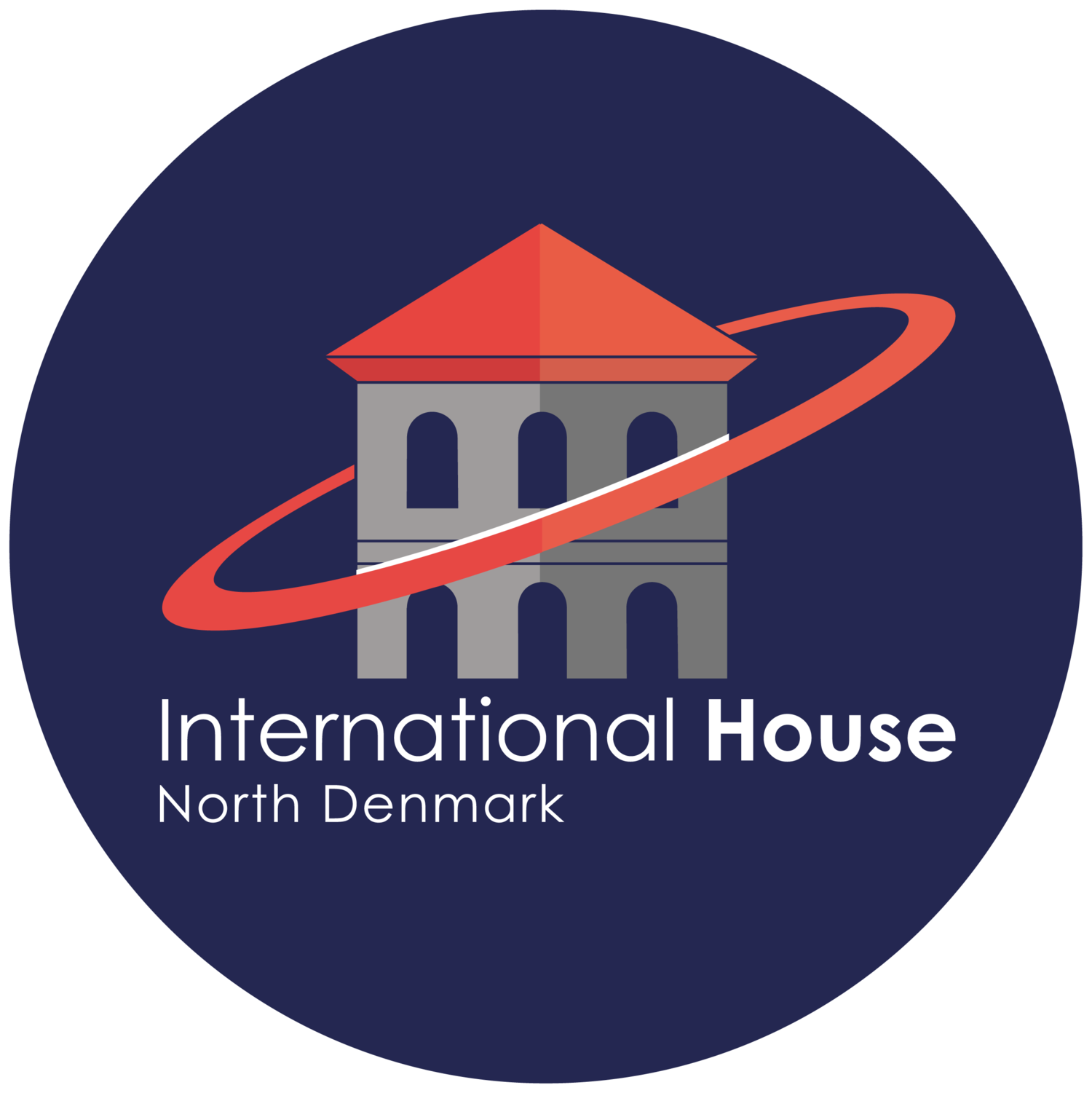A-kasse & Unions
The Danish Model: Flexicurity in Action
One of the things that makes Denmark unique is its flexicurity model. It’s a mix of flexibility for employers (it’s relatively easy to hire and fire) and security for employees (you’re still supported if you lose your job). If you’re new to Denmark and looking to start or continue your career here, the way the labour market works might seem unfamiliar at first. But once you understand a few key elements—especially A-kasse and trade unions—you’ll see that the system is designed to support both flexibility and security.
Instead of laws setting employment terms, most conditions—like pay, pension, and working hours—are negotiated between employers and unions through collective agreements. This keeps the job market adaptable, but also fair.
What Trade Unions Actually Do?
In Denmark, being part of a trade union is very common—and genuinely useful. Unions aren’t just there for salary disputes or legal problems. They also help with:
Negotiating your contract
Career counselling
Skill development and training
Building professional networks
They often have a close understanding of your industry, so it’s worth finding the right one for your field.
Why You Should Consider Joining an A-kasse?
A-kasse stands for unemployment insurance fund, and it’s one of the cornerstones of the Danish system. If you pay into an A-kasse for at least 12 months and meet the requirements, you’ll receive unemployment benefits if you lose your job.
But they also do more than that—many offer CV workshops, job search support, and advice tailored to your situation. Like unions, there are different A-kasser depending on your profession.
LinkedIn: More Than Just a Nice-to-Have
It’s hard to overstate how important LinkedIn is in Denmark. Recruiters here really use it—over 70% of large companies include LinkedIn in their hiring process. Even smaller companies check candidates’ profiles before interviews.
Having a strong profile matters. A good photo, clear headline, and a summary that explains who you are and what you’re looking for can make a big difference. And don’t just leave it there—post, comment, connect. That’s how people find you. Networking is half the battle in finding work in Denmark, especially as an International.
Final Thoughts
Navigating a new job market isn’t easy, but the Danish system is built to give you tools and support. Whether it’s through collective agreements, A-kasse benefits, or simply being active on LinkedIn, you have more control over your career than you might think.
And if you’re still getting your bearings? Start with your profile, talk to your network, and consider reaching out to a union or A-kasse for advice. You don’t have to do it alone.
Written by: Abi Pinderup Fox


